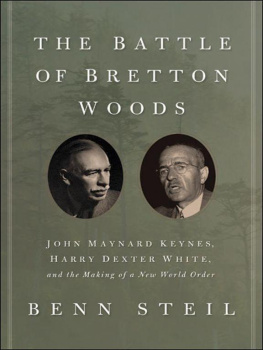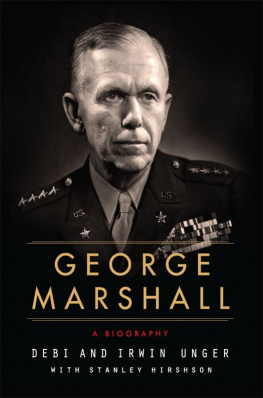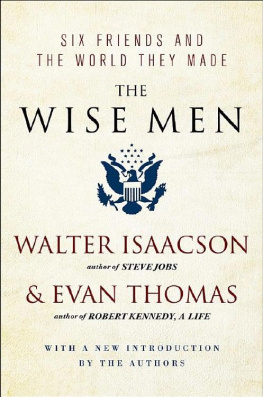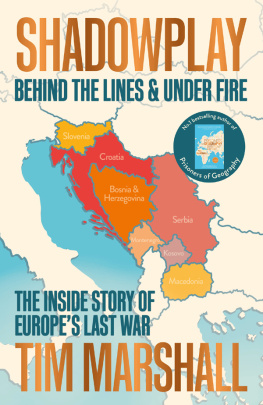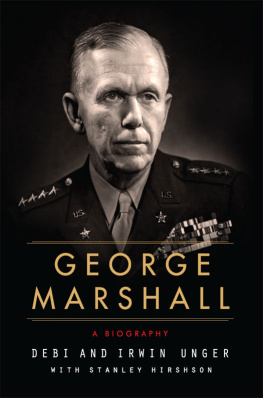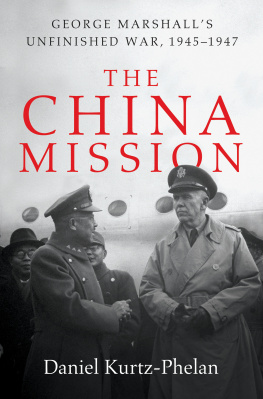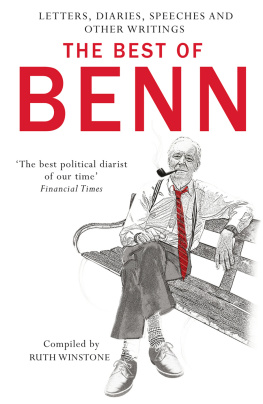Thank you for downloading this Simon & Schuster ebook.
Get a FREE ebook when you join our mailing list. Plus, get updates on new releases, deals, recommended reads, and more from Simon & Schuster. Click below to sign up and see terms and conditions.
CLICK HERE TO SIGN UP
Already a subscriber? Provide your email again so we can register this ebook and send you more of what you like to read. You will continue to receive exclusive offers in your inbox.
We hope you enjoyed reading this Simon & Schuster ebook.
Get a FREE ebook when you join our mailing list. Plus, get updates on new releases, deals, recommended reads, and more from Simon & Schuster. Click below to sign up and see terms and conditions.
CLICK HERE TO SIGN UP
Already a subscriber? Provide your email again so we can register this ebook and send you more of what you like to read. You will continue to receive exclusive offers in your inbox.
PRAISE FOR
THE MARSHALL PLAN
Benn Steils fascinating book places the transformative design and huge impact of the Marshall Plan in the context of the early Cold War drama. Engaging, detailed, and well-researched, it takes us behind closed doors in both Europe and the United States, illuminating how the plan was created and how it changed the world. The books relevance extends well beyond its new historical insights, showing how offshoots of the plan continue to shape modern-day Europe. It also sheds light on how open mind-sets and intelligent economic architecture can help anchor an increasingly fluid and uncertain global economy.
Mohamed El-Erian, Chief Economic Advisor at Allianz and author of The Only Game in Town
Benn Steils carefully researched new book reminds us of the economic uncertainties and political turmoil that surrounded U.S. foreign policy-making in the aftermath of World War II. In the end, the right choices were made, first in developing the Marshall Plan, which provided economic support for economically devastated European allies, and then in building NATO, a strong Western military alliance. Here we are seventy years later in very different circumstances, economic and military. The United States and its allies are strongly challenged to find new approaches to renewing the alliances. May our leaders benefit from the practical wisdom and ideas of seventy years ago.
Paul Volcker, former Chairman of the Federal Reserve
The Marshall Plan is one of the great success stories of U.S. foreign policy. Benn Steils well-researched and insightful account reminds us that this iconic example of strategic foresight and imagination was anything but inevitable. On the contrary, his book shows that the Plans creation, refinement, implementation, and eventual success required perseverance, political savvy, and plenty of plain good luck. The moral for our era is clear: successful foreign policies require creative and dedicated public servants and do not emerge without them.
Stephen Walt, Robert and Renee Belfer Professor of International Affairs, Harvard Kennedy School
Compelling and authoritative, The Marshall Plan is a first-rate work of history. But it also bears powerfully on the present, reminding us that if soft power is the power to attract, the Marshall Plan is a stunningly successful example of it.
Fredrik Logevall, Laurence D. Belfer Professor of International Affairs, Harvard University
The Marshall Plan has become a favorite analogy for policy-makers. Yet few know much about it. Finally, Benn Steil provides a readable, authoritative account of what it was, what it did, and what it achieved.
Graham T. Allison, Douglas Dillon Professor of Government, Harvard Kennedy School
For my precious
MOM and DAD,
and
GLORIA, ETHAN, and OWEN
FOREWORD
IN 1944, FRANKLIN D. ROOSEVELT set out to Forge a New, Cooperative postwar order. In it, the Soviet Union would, he believed, become a major power with its own peculiar interests. Yet it would be shepherded by a new United Nations and International Monetary Fund into collaboration with an agenda conducive to American security and prosperityan agenda founded on free trade and respect for the independence of weaker neighbors.
Not long after Roosevelts death in April 1945, however, it became clear that Joseph Stalin had an agenda all his own, and that he was not going to play by American rules. Just before New Years Day 1946, at the deadline for ratification of the IMF agreement, he pulled out. He had, in fact, never intended to adapt Soviet policies to the requirements of membership. He had simply sought two benefits from cooperation in creating the new body. The first was a return by others to a monetary system that would boost the value of Soviet gold stocks. He got that, with no need to participate. The second was more unconditional U.S. financial aid for his country, as it had received during the war. When it became clear that none was forthcoming, he lost interest. As for the United Nations, the United States granted his priority demand: a veto on the Security Council. With it, he saw Soviet membership as no bar to extending his frontierswhich he set out to do in 1946.
Meanwhile, Americas natural allies in western Europe looked to be teetering on the edge of economic, social, and political collapse. The U.N. and IMF, which had been founded to maintain peace and stability rather than manufacture it, were powerless to reverse this slide. In 1947, therefore, President Harry S. Trumans State Department, now under the leadership of General George C. Marshall, disowned FDRs One World vision. Under formidable time constraints, they set out to formulate a new economic and security architecture appropriate to a Europe divided into Two Worlds: a capitalist and a communist one.
This book situates the Marshall Plan more directly at the center of the emerging Cold War than earlier accounts, highlighting the seriousness with which Stalin treated the threat it represented to his new, hard-won buffer zone in central and eastern Europe. The Soviet leaders blueprint for postwar Europe assumed the Americans would withdraw, leaving behind a weak, pastoralized Germany, ongoing reparations from which would fund Soviet reconstruction and development. The Marshall Plan, however, promised a continuing energetic U.S. presence, underwritten by a reindustrialized capitalist western Germany at the heart of an integrated, capitalist western Europe. Many of the most dramatic episodes of the early Cold War, such as the Prague coup and the Berlin blockade, were driven by Stalins determination to undermine the Marshall Plan and American influence in Europe broadly. On the flip side, Washingtons support for a new transatlantic military alliance represented a reluctant acknowledgment that economic security would not take hold in western Europe without physical security.
Institutions that were outgrowths of the Marshall Plan, in particular the European Union and NATO, remain important elements of the postwar liberal international ordereven as they are subjected to more critical scrutiny than at any time since their founding. In showing how the Plan evolved, I have brought to bear new material from American, Russian, German, and Czech sources that I hope will make an important story even more resonant. And given the enduring passion for creating new Marshall Plans to solve the worlds problems, the story of the old, original one is, I believe, a story well worth telling.
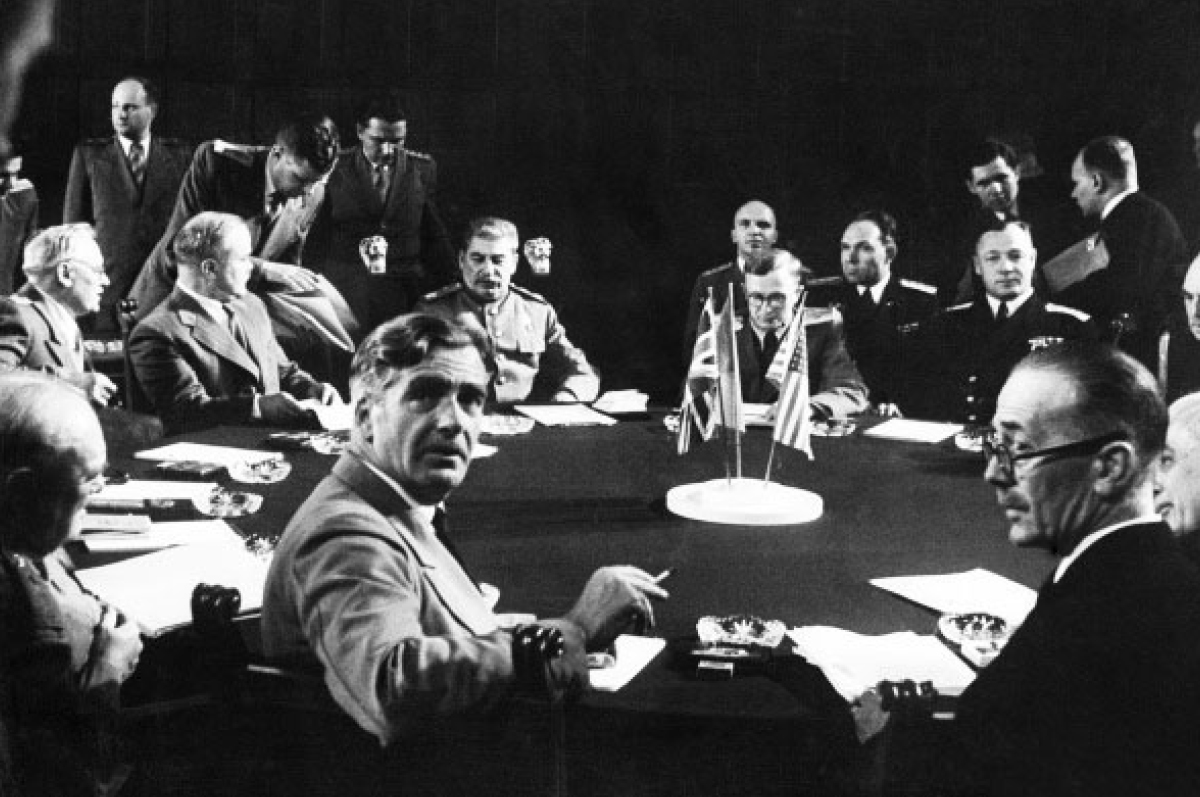
American, British, and Soviet leaders gather at Potsdam to discuss the future of Germany and postwar Europe, July 17, 1945. Foreground: British Foreign Secretary Anthony Eden ( left ) and Prime Minister Clement Attlee ( right ). Background: Soviet leader Joseph Stalin ( center ) and Foreign Minister Vyacheslav Molotov ( left ).


